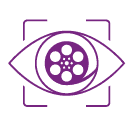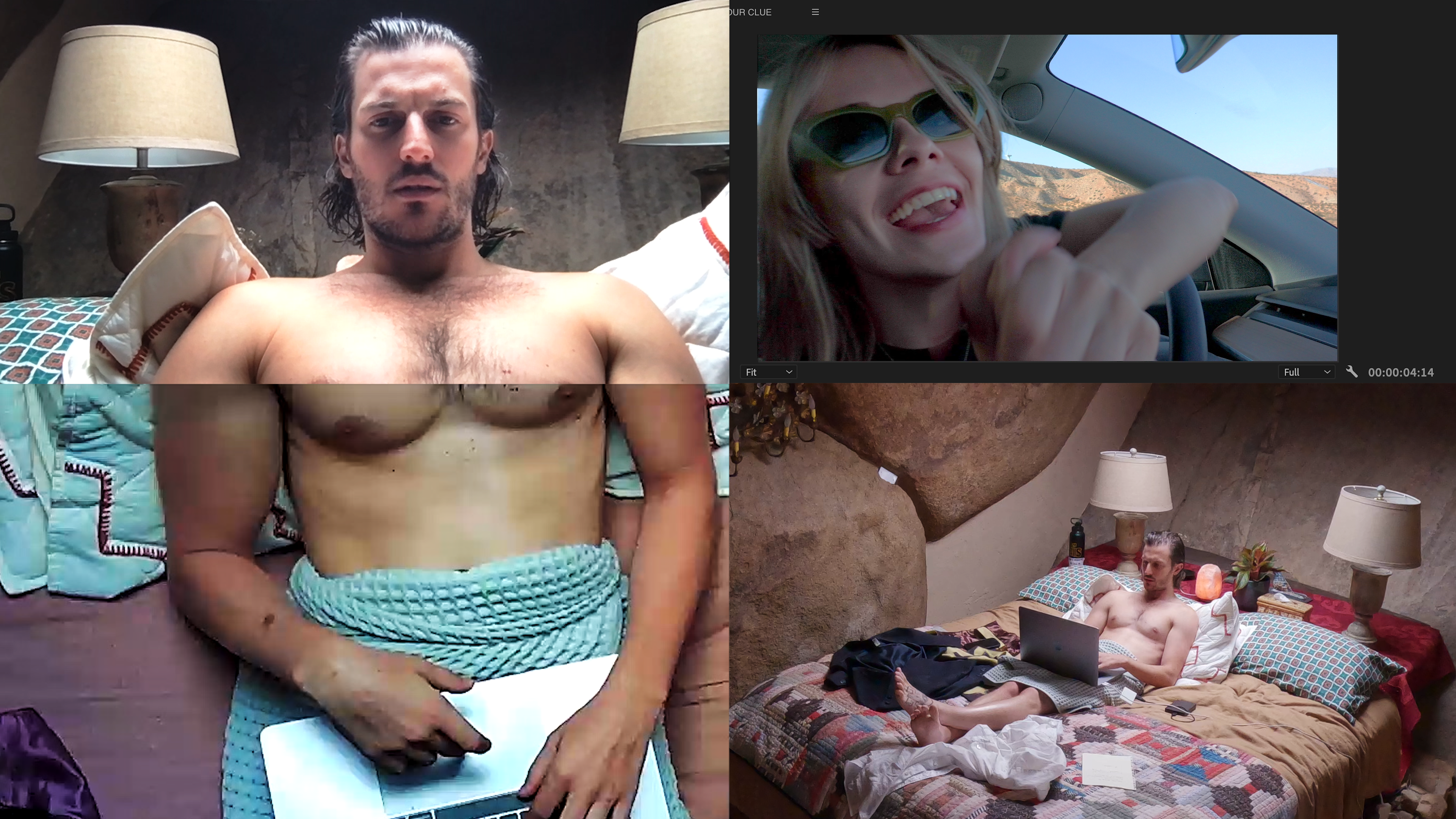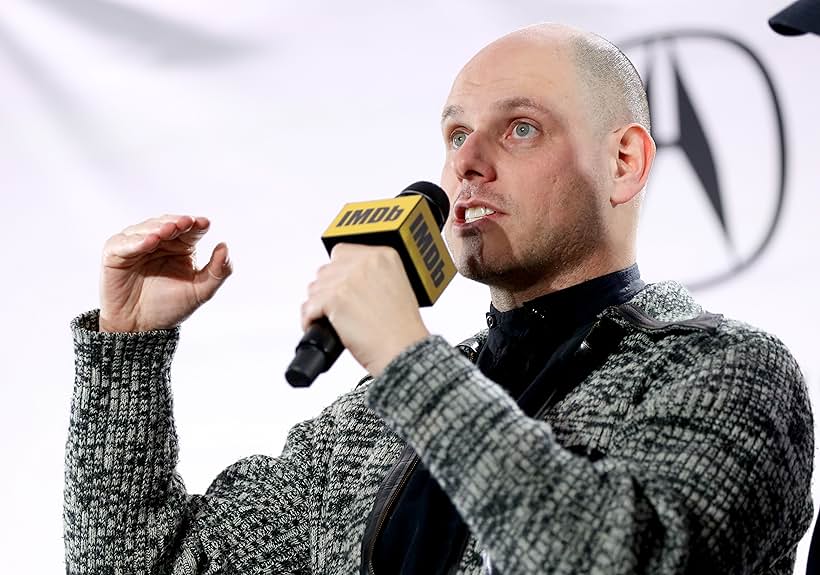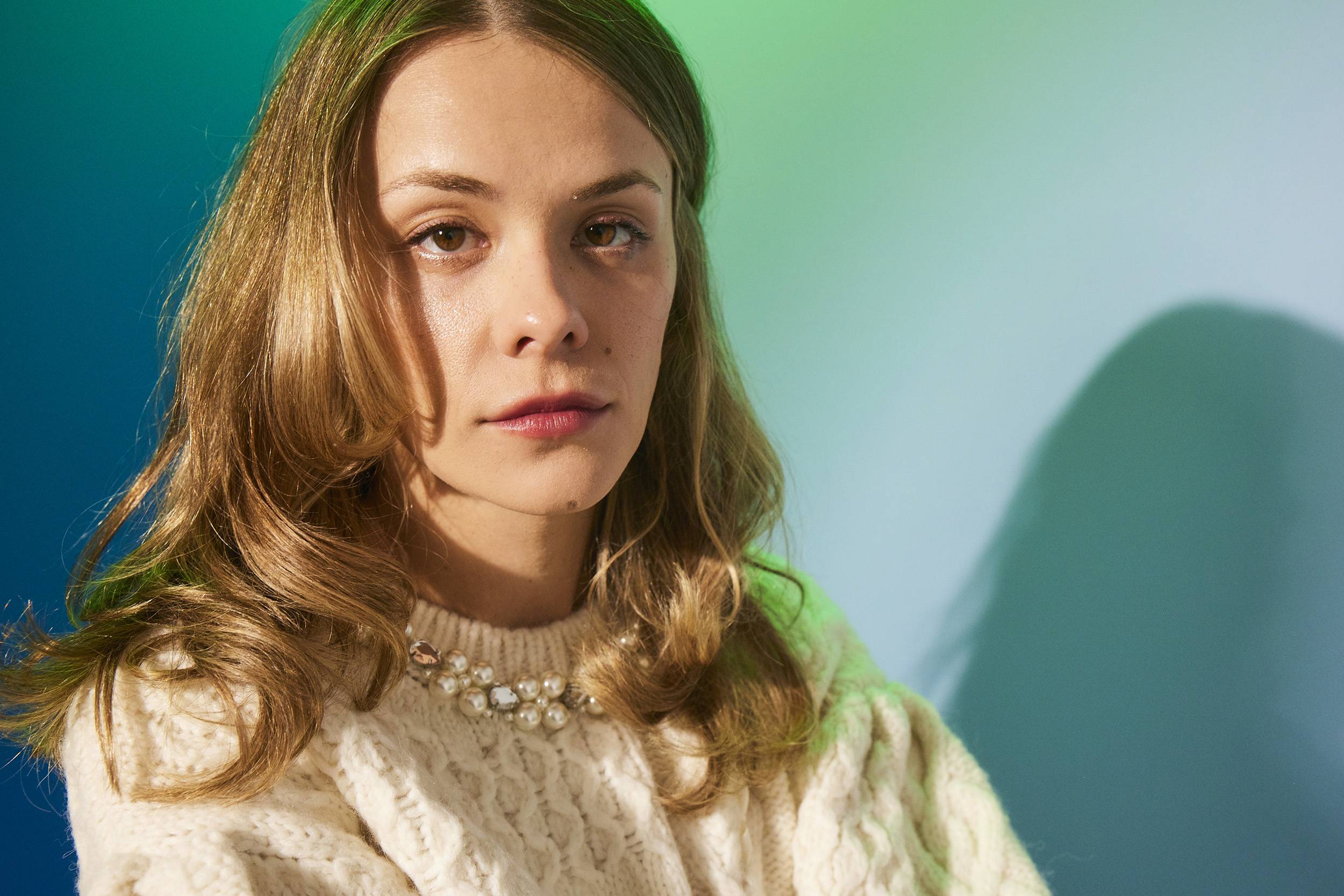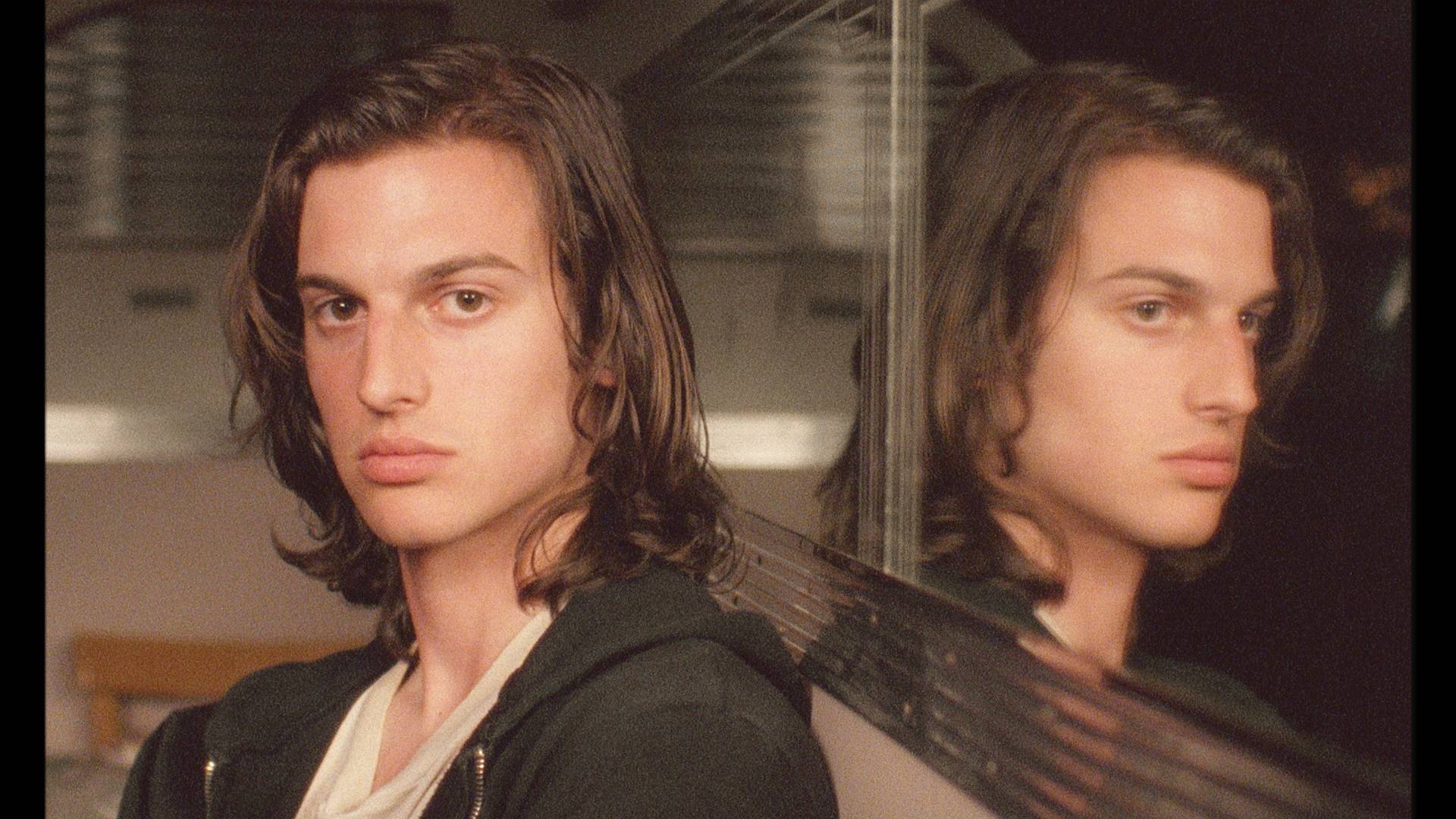The Code – Movie Review | Interview with Dasha Nekrasova, Eugene Kotlyarenko, and Peter Vack
The Code Review with Dasha Nekrasova | Eugene, Peter, and Dasha Nekrasova might just be the most intriguing trio in the age of the internet. They are friends and frequent collaborators with a lot to say about how we use technology and the internet and how this use informs our perception of authorship, agency, and intimacy. That being said, THE CODE is not for everyone. It is esoteric. It pushes buttons. It is tackling 100 themes simultaneously. Still, it is nearly impossible to say that the film (and this trio) does not provide an air of mystery and intrigue.
Director’s Statement from Eugene Kotlyarenko
The Code is an attempt to revitalize the language of cinema for a new era of spectatorship. By using modes of surveillance, social media, documentary, pornography, reality tv and more, I’ve tried to comedically explore a crucial contemporary question: who is in control of a narrative? A cultural narrative; a relationship narrative; a news narrative. By making the act of editing a central plot point, I hope the film will confront the audience with the idea of destabilized authorship, in exciting and relevant ways. I also aim to recalibrate cinematic voyeurism, as it applies to our fetishization of “Other People’s Phones.” The biggest inspiration for the film is the writer Junichiro Tanizaki, who often dealt with lust, unreliable perspectives and scheming lovers. Besides Tanizaki, my film language draws from the giants of sex comedy: Almodovar, Rohmer, Allen, Wertmuller, Brass, etc. This is my 7th feature film and I believe it is a strong summation of my formal and thematic preoccupations up until this point. It was made with a smaller team than my previous feature, Spree, and has a much more intimate feel to it, which I hope comes across to the viewer-voyeur.
Interview
Describing The Code and How Kotlyarenko, Nekrasova, and Vack Came Together
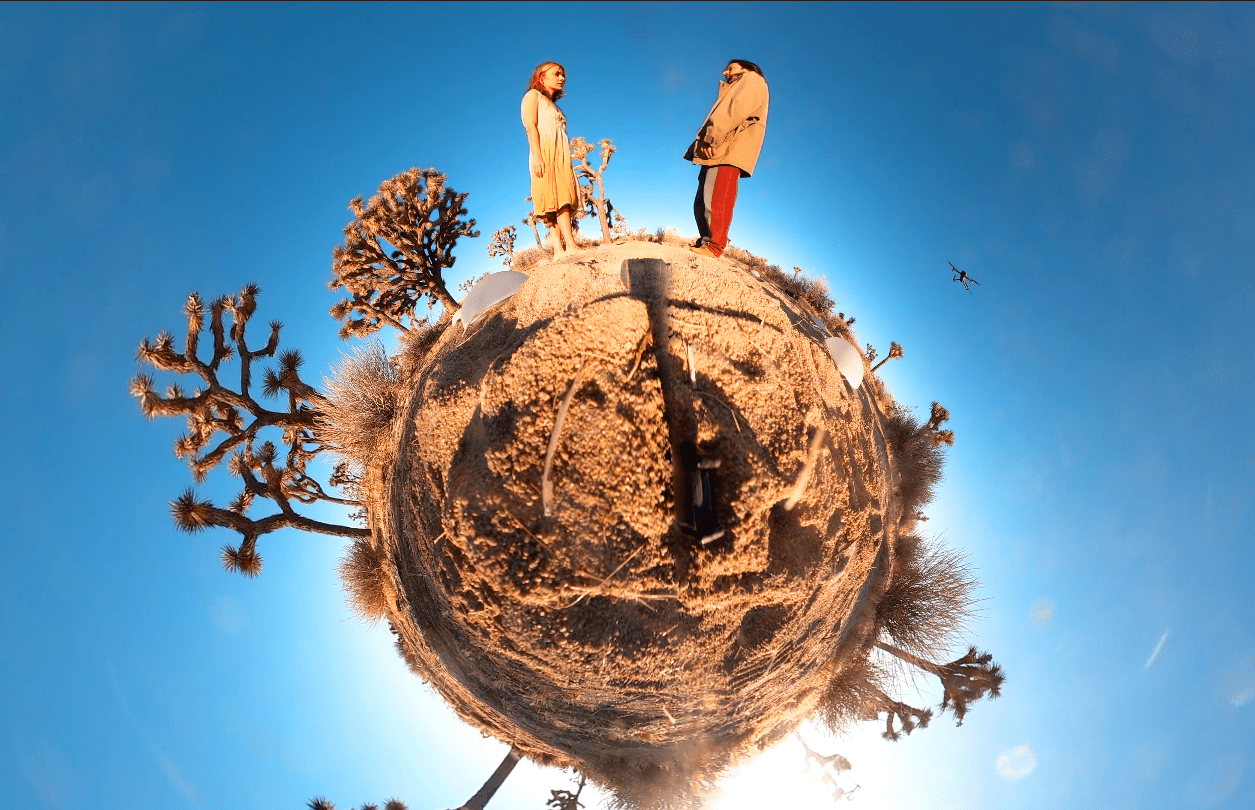
Adam Manery:
This film is fascinating to me in so many ways. It’s a film about surveillance, social media, voyeurism, pornography, and technology. When someone asks you to give a brief description of The Code, what is your response to that?
Eugene Kotlyarenko:
It is about all those things, so it does make it a little complicated, right? What I basically say is it’s about a couple who are paranoid that the other person is trying to cancel them. So, they set up hidden cameras around their house and try to entrap the other person into problematic behavior. In that process of surveillance, they end up saving their relationship and falling in love again, which is not actually the plot of the movie at all, but I think it conveys what the movie kind of is in an efficient way. So yeah. What do you think? Do you think that works?
AM:
On the surface, that’s an accurate description. But it’s one of those films that requires you to watch it to really gauge what the project is.
EK:
For sure. I’m sick of movies with formulaic narratives and plot lines and acts 1, 2, 3, where you can predict what will happen when you watch the first 5 minutes. All that stuff makes me sick, and it is part of why people are less interested in movies than ever before. So I wanted to do something freewheeling and wild that kept people entertained without really knowing what would happen or how it would go down. But, of course, everybody asks what’s the movie about, so you have to tell them a compelling little thing. The things I said are in the movie. They are anxious about the other person destabilizing their truth. They do set up hidden cameras. They do spoil or save their relationship. So it’s all in there. There are just 50 other things that I don’t have time to explain to anyone. Like you said, it’d be ten times better if they just watched it.
AM:
I’m interested in the relationship between the three of you. Peter, you had a film premiere this week in which Dasha acted in. And then, Dasha, you co-wrote and starred alongside Eugene in Wobble Palace. So, I’m curious how the three of you have come together and collaborated on numerous occasions.
EK:
We’re all just friends. That’s a huge privilege in the making of this film, in that we are trying to explore unique and risky territory in terms of sexual dynamics and making fun of things that people don’t normally see about bedroom problems. The advantage we have over normal films is that we’re all friends, so we can be comfortable being brave with each other and vulnerable, going to places that most other movies don’t go. Dasha and I became friends a long time ago, and so did Peter and I. In a way, I’m the connector between us because we were friends separately.
Dasha Nekrasova:
I met Peter through you, Eugene. When I was still living in LA, we met at a screening years ago. We’ve all collaborated in various ways. So it was a really natural and easy way to work for all of us.
The value of using real footage between real people for fictional character purposes is unique and relevant to how we all become central characters in our narratives due to social media and the constant usage of phones and video technology. – Eugene Kotlyarenko
EK:
It helps because we have this past. Some of the photos of Dasha and Peter as Jay and Celine are actual photos from moments they’ve shared as friends in the past. There’s a film I made about 10 years ago called A Wonderful Cloud starring Kate Lyn Sheil and myself, based on the idea that exes could become friends after they broke up. I used footage from real past moments and relationship moments that Kate and I had had from three years earlier. I’ve never seen this in a movie before because people don’t normally explore these things on screen. Since then, I’ve thought the value of using real footage between real people for fictional character purposes is unique and relevant to how we all become central characters in our narratives due to social media and the constant usage of phones and video technology. You have that footage, so why not use it?
Improvisation on Set and Being Drawn to the Internet
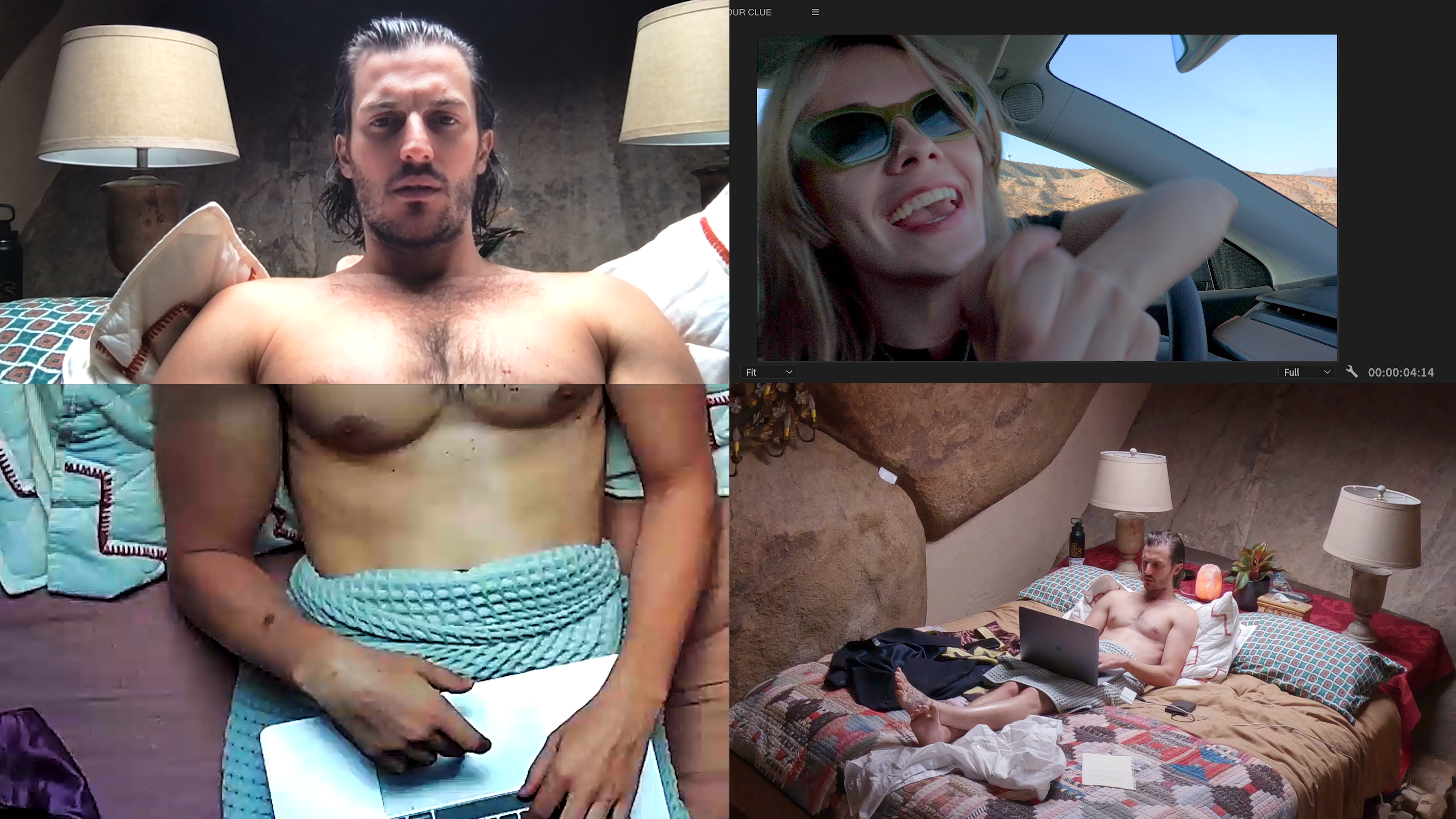
AM:
It’s a fascinating exploration of these different topics in a way we don’t normally see. Subverting the classic overdone narrative structure is something I appreciate, and I think many others will too.
The film comes off as very “off the cuff”, but I’m curious to know whether it was scripted that way, or whether Eugene gave you opportunity to improvise.
[Eugene walks out of frame]
DN:
Well… [Eugene] left the meeting right now, which might be a signal. This was actually the least improvised of Eugene’s films, and the most realized of his scripts. We had some opportunities, but we were pretty faithful to the text. It’s a testament to the quality of the writing when it feels improvised, even though it’s scripted.
AM:
The best, most natural scripts give the viewer the feeling that these characters are just existing in reality. I think that was definitely a success if most of it was scripted.
[Eugene comes back]
This is all scripted, Adam. Tell your audience that this interview is scripted as well. – Eugene
EK:
Are they lying to you? Let’s get real here. Peter jumps in, thinking we’re gonna improv the shit out of this. And I was like, no. I worked so hard on this script. Just say the words, Peter, please. We found a happy medium. There are so many great improvised moments from both of them. I mean, what’s the point of working with people who are so funny and smart if you can’t let them be free and creative? We found a good balance, and I’m happy with all the improv in the final cut that I was initially resistant to on set.
Peter Vack:
Thanks, Eugene, for writing such a great script.
AM:
You’re all so kind to each other. How wonderful.
EK:
You know, the movie is a lot about performance. It’s all a lie. We’re all really bad people, actually. For the purposes of a Zoom call, we’re consummate performers. This is all scripted, Adam. Tell your audience that this interview is scripted as well.
AM:
But it comes across so naturally.
EK:
You’re doing a great job, Adam. We’re all just performers here.
If you’re not talking about the Internet and relationships around it, you’re not speaking about today. – Peter Vack
AM:
The three of you have written, directed, or performed in a number of projects focused on technology and the internet. What draws you to these projects?
PV:
I’m drawn to it for a reason similar to Eugene’s because it figures so heavily in life. My screen time is disgusting, and I don’t think I’m an outlier. Many filmmakers seem scared of it or want to pretend it isn’t there, leading to movies that don’t speak to the moment. Eugene’s mission and mine are to keep cinema relevant and speak to people. If you’re not talking about the Internet and relationships around it, you’re not speaking about today. That’s how we keep movies fun and vital.
EK:
The fear around this stuff is twofold. One, how could I make being on the phone funny, tense, or scary? I was trying to beat the drum and figure out new ways to depict that, using social media and smartphones as conduits for cinematic things. The other thing is how to visually represent it. Different filmmakers do that differently. Peter’s movie Rachelormont.com tries one way. With The Code, I’m foregrounding surveillance, reality television, cell phones, and editing. The idea of editing pervades all 21st-century media and controls it. It was important to interrogate that in a movie, foregrounding the edit so viewers think about who’s in control of it.
Editing as a Central Plot Point and Future Projects
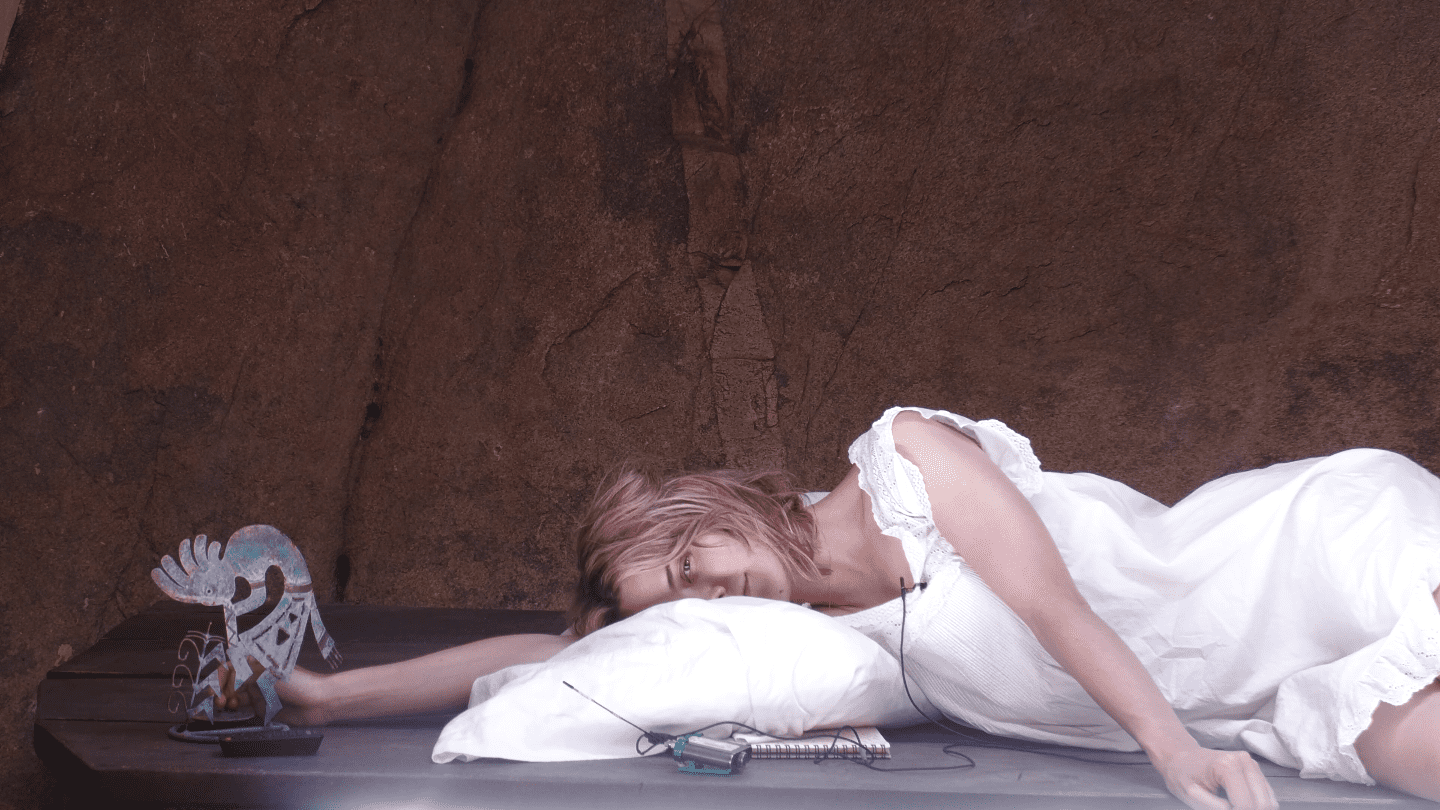
AM:
In The Code, editing is part of the plot itself, not just a tertiary aspect of the filmmaking process. What was editing this project like for you with so many different cameras and perspectives?
EK:
It was a gargantuan challenge in terms of the quantity of footage. Luckily, I had two amazing editors, Tucker Bennett and Sabrina Greco, who came at it aggressively. There were intimate scenes and scenes with 50 characters, like a party scene with 30 cameras circulating. It was challenging and fun, feeling like you’re at the forefront of filmmaking. Tucker and Sabrina were more than up to the task, and I tweaked the movie for another six months after they gave us the cut. I went on Instagram Live for part of it because it was getting boring and depressing. I thought I’d edit as performance. There are so many layers to this. As a director, your job is to ensure you’re telling that emotional and comedic story and cut through the noise of experimental decisions.
AM:
Before I let you go, can you share what else you’re working on or any future collaborations between the three of you?
PV:
Rachelormont.com is coming soon, also starring Dasha Nekrasova, Betsey Brown, and Chloe Cherry. A different take on similar themes. Please buy my debut novel Silly Boy, from Cash For Gold Books.
I’d love to get pregnant soon, probably have a family. – Dasha Nekrasova
EK:
Dasha has an awesome podcast, Red Scare, which comes out every week. Check that out.
DN:
I’d love to get pregnant soon, probably have a family. I have a small role in the new Celine Song film The Materialists. Jonah Hill has a movie coming out that I have a small role in.
EK:
I’m completely code-filled and ready to tour the world with The Code. I want everyone to think about cinema as a fun way to explore new images and ideas. Anyone who wants to experience something new from me should look at my old films, like Spree or Wobble Palace. They’ll be new to you if you haven’t seen them. Even if you have, you can look at them with new eyes.
AM:
One day I hope to be as laissez-faire as Dasha when talking about being in a Celine Song film. Great chatting with you all. | The Code Movie Review with Dasha Nekrasova, Peter Vack, and Eugene Kotlyarenko
You can find more interviews here
You can find film reviews here
